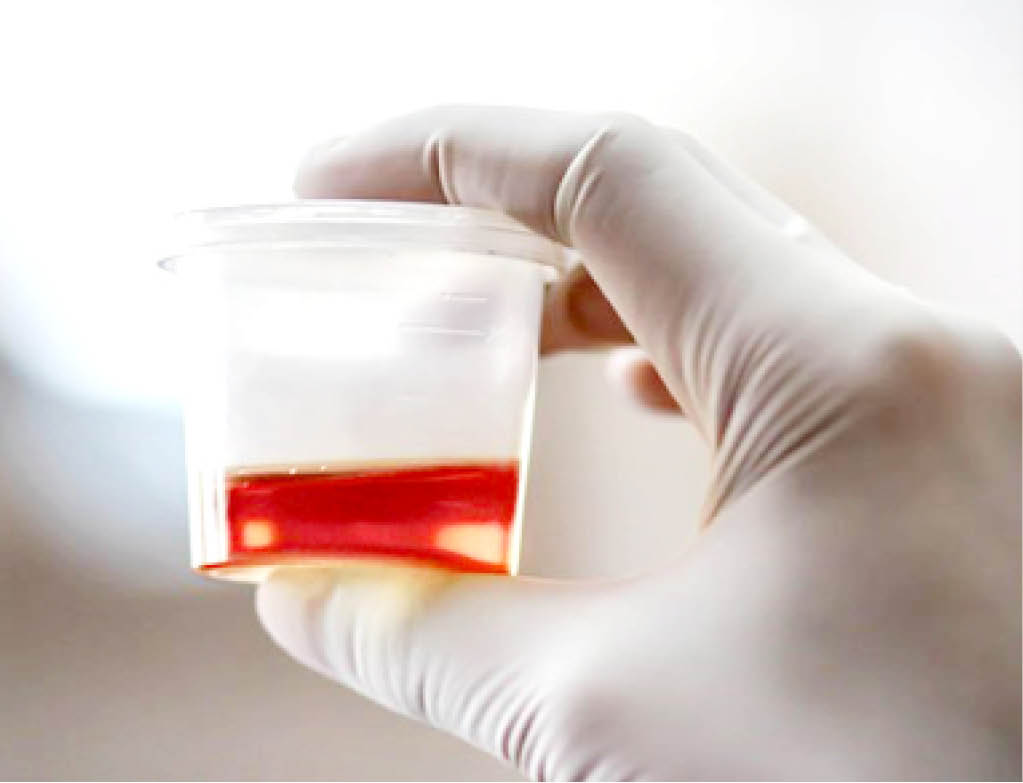New blood test shows if vital anti-stroke drugs are working
A blood test that can help prevent stroke victims from having another attack is now being offered on the NHS in a move that experts say will save lives. The test picks up genetic clues that show if patients will not respond to standard treatment – allowing doctors to switch them on to more effective […]

A blood test that can help prevent stroke victims from having another attack is now being offered on the NHS in a move that experts say will save lives.
The test picks up genetic clues that show if patients will not respond to standard treatment – allowing doctors to switch them on to more effective drugs.
- We know location of kidnapped ex-Bauchi gov’s relatives — Police
- CNG asks students to join nationwide protest
Experts say roughly 25,000 Britons fall into this category, and until now it has been impossible to identify them.
It comes three months after The Mail on Sunday published details of a major report calling for widespread use of genetic tests, which experts say could prevent tens of thousands of strokes and heart attacks every year.
While the test is being used across 33 NHS hospitals in Scotland, the UK health watchdog, the National Institute for Health and Care Excellence (NICE), is reviewing it for more widespread use.
Most sufferers must take daily blood-thinning medication to prevent another stroke. The most common, for ischaemic strokes, is clopidogrel, which stops small blood cells called platelets from sticking together – dramatically reducing the risk of clots.
But in about a quarter of patients, clopidogrel does not work because they lack enzymes in the liver needed to process it. Those in this group are missing a gene called CYP219, which carries instructions for making the crucial enzymes.
Now, NHS patients in Tayside are being given a blood test to spot this genetic mutation.
Costing £22 per patient, it is carried out in a matter of minutes shortly after patients arrive at hospital, and clots have been identified. Samples are analysed at a laboratory and results come back within a week.
Patients with the genetic mutation are offered alternative blood-thinning medicines, such as dipyridamole, which are equally as effective.
Tailoring drugs to a patient’s genetic profile is known medically as pharmacogenomics, and experts say there is potential to make a huge difference in many areas of medicine.
Dr Doney says: “This is the first step towards much broader implementation of this kind of precision medicine. The technology is now so advanced and so cheap to use that it’s now no longer a question of if we should use genetic tests to improve healthcare, but how we should implement it.”
Ronald Chimiak, 68, from Dundee, was one of the first UK patients to have the DNA test, days after suffering a stroke in May. It left the grandfather-of-three without movement in his left arm, and with slurred speech and a drooping left side to his face. He says: “I know a few people who have had strokes and they’ve not been the same afterwards. I was worried about going the same way.”
He says: “I can move my arm normally again, my speech has returned and the droop on my face has disappeared. If you looked at me, you’d never have thought I’d had a stroke.”
Mail Online
